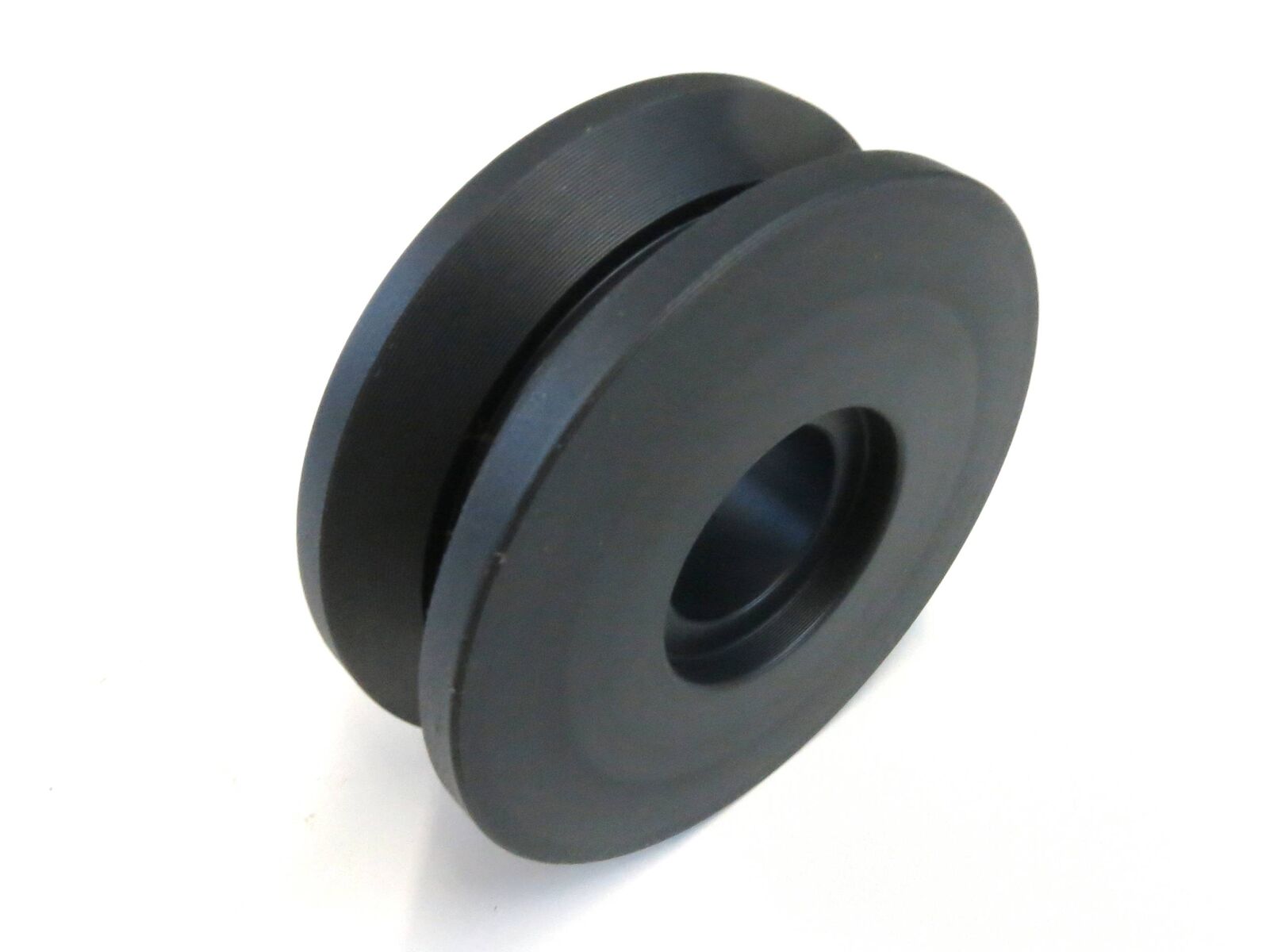Plastic Machining Brisbane
We machine a range of Engineering Plastics in sheet, rod and tube which are sourced from our European Manufacturers. Our plastic machining services include the following engineering plastics; Nylons, Acetal, UHMWPE, HDPE Polypropylene, PVC, PETP and PETP-GL and Polycarbonate.
Nylon
| Nylon is a versatile engineering plastic and comes in several types to suit particular applications. However, they all share the following properties which make it ideal for a range of applications which include: |
|---|
| Good machinability – turning and milling |
| High mechanical strength, hardness and stiffness |
| Good sliding and emergency running properties |
| High mechanical damping capacity |
| Very high fatigue and wear resistance |
| Below are the most common grades of Nylon used in engineering: |
|---|
| PA 6, PA 66 – These are extruded and commonly used under 50mm diameter for large repetition work |
| PA 6 G – Produced by the monomer casting process for even better strength and abrasion/wear resistance while having a low specific weight for improved balance and reduction of vibration. PA 6 G also has very good sliding properties and good damping capacity for the reduction of vibrations and noise. |
| PA 6 G + Oil – A modification of PA 6 G especially designed for sliding applications through the addition of oil, solid lubricants and stabilisers. PA 6 G + Oil also has exceptional wear resistance, lower moisture absorption and better dimensional stability. |
Teflon PTFE
Most people are familiar with the magical non-stick properties of teflon when coated to cookware. Teflon or PTFE has also been the product of choice or electrical insulation, chemical resistance and low friction for 50 years.
| Available in sheet, rod and tube, the applications for PTFE include: |
|---|
| High temperature wear strips (up to 250 Cent.) |
| Electrical insulators. |
| Chemical resisting bushes and bearings. |
| Valve seat and plugs. |
| Gaskets. |
| Pump components. |
| Washers. |
The following is a compilation of common plastics used in the Engineering industry for the manufacture/fabrication of components. It is by no means a comprehensive list and as always it is best to seek the advice of the manufacturer for specific applications.
Thermoplastics soften to a flowable state when heated and hardened upon cooling.
Thermosetting plastics set or harden into a permanent shape and this is irreversible.













